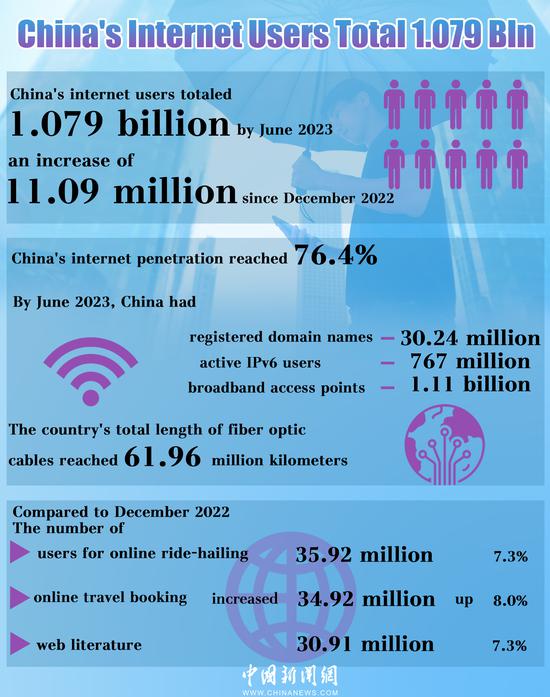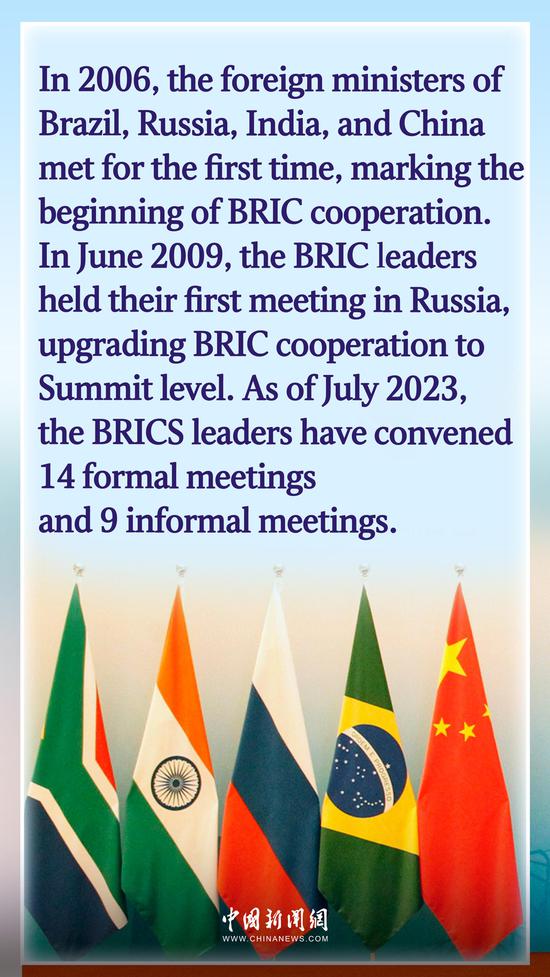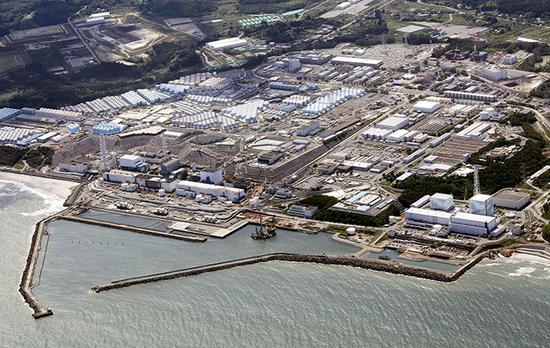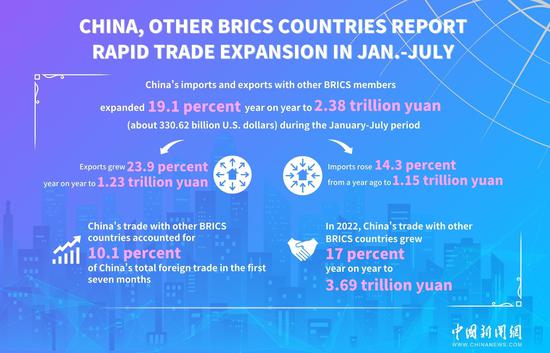
Visitors check out smart robots during the 2023 China International Fair for Trade in Services in Beijing on Sunday. (ZOU HONG/CHINA DAILY)
During CIFTIS, experts urge more support for sector amid global rush for upper hand
Driven by technological advancements, policy support and evolving trends, digital trade will serve as a key force in bolstering China's exports and reducing business transaction costs, said scholars and government officials on Tuesday.
Digital trade refers to trade in goods and services that are digitally ordered and digitally delivered, such as cross-border e-commerce and digitally enabled transactions of trade in services, which account for a growing share of international trade, according to information released by the Geneva-based United Nations Conference on Trade and Development.
Digital trade has ushered in significant changes across the global industrial, supply, value and innovation chains, acting as a crucial catalyst for China's economic expansion and infusing robust momentum into a fresh phase of economic globalization, said Xin Yongfei, head of the Policy and Economic Research Institute at the China Academy of Information and Communications Technology, or CAICT.
Speaking at a news conference during the 2023 China International Fair for Trade in Services, which concludes on Wednesday in Beijing, Xin highlighted that major economies, such as the United States, the United Kingdom and Japan, are deploying more resources in the digital industry and engaging in global digital trade agreements, safeguarding their advantageous position in digital trade.
Therefore, it is crucial for China to further elevate the strategic importance of digital trade and actively promote international cooperation in this field to enhance its strength, he added.
The total value of China's foreign trade of digital services reached $371.08 billion in 2022, growing 3.2 percent year-on-year and accounting for 41.7 percent of its total trade in services last year, according to a report jointly released by the Development Research Center of the State Council and the CAICT.
To boost China's growth potential in the digital trade sector, Zhao Zhiguo, chief engineer at the Ministry of Industry and Information Technology, said the government will accelerate the industrialization pace of the digital sector as well as nurture and strengthen digital industries such as cloud computing, big data, artificial intelligence, blockchain, virtual reality and industrial software.
While China's digital trade sector is becoming increasingly competitive on the global stage, Yu Jianlong, vice-chairman of the China Council for the Promotion of International Trade, emphasized the need for both the government and companies to recognize that opportunities and challenges coexist in the evolution of China's trade in services.
Yu said that the rapid growth of the global services industry has propelled the swift expansion of trade in services. The development of digital technology has driven digital innovation on both the supply and demand sides, offering ample room for innovation in services trade models.
On the other hand, global industrial and supply chains are undergoing changes, with notable trends towards regionalization and localization. Technical trade barriers have extended beyond traditional goods trade into the realm of services trade, gradually becoming significant obstacles to international services trade, he said.
Under such circumstances, the government will support Chinese business associations and companies in participating in international standardization activities, said Li Yubing, deputy director-general of the standard innovation management department at the State Administration for Market Regulation.
"They will be encouraged to engage in international standards development in areas such as digital trade, overseas warehouse operations and other new foreign trade formats, while establishing a repository of international standard proposals for trade in services," said Li.
Jacky Chung, director for the Chinese mainland of the Hong Kong Trade Development Council, said that the growth of trade in services will continue to be driven by innovation. This sector not only fosters economic growth in China, but also creates many opportunities for its companies to further expand their global presence.
Apart from guiding Hong Kong businesses to continue to invest in the services sector on the Chinese mainland, Chung said that Hong Kong's trade in services will not only continue to excel in traditional sectors including finance and shipping, but will also venture into numerous new areas.
For instance, there will be a strong emphasis on fostering innovation and driving the development of services trade through innovation-led initiatives, such as the promotion of the science and technology sectors, he added.


















































 京公网安备 11010202009201号
京公网安备 11010202009201号
